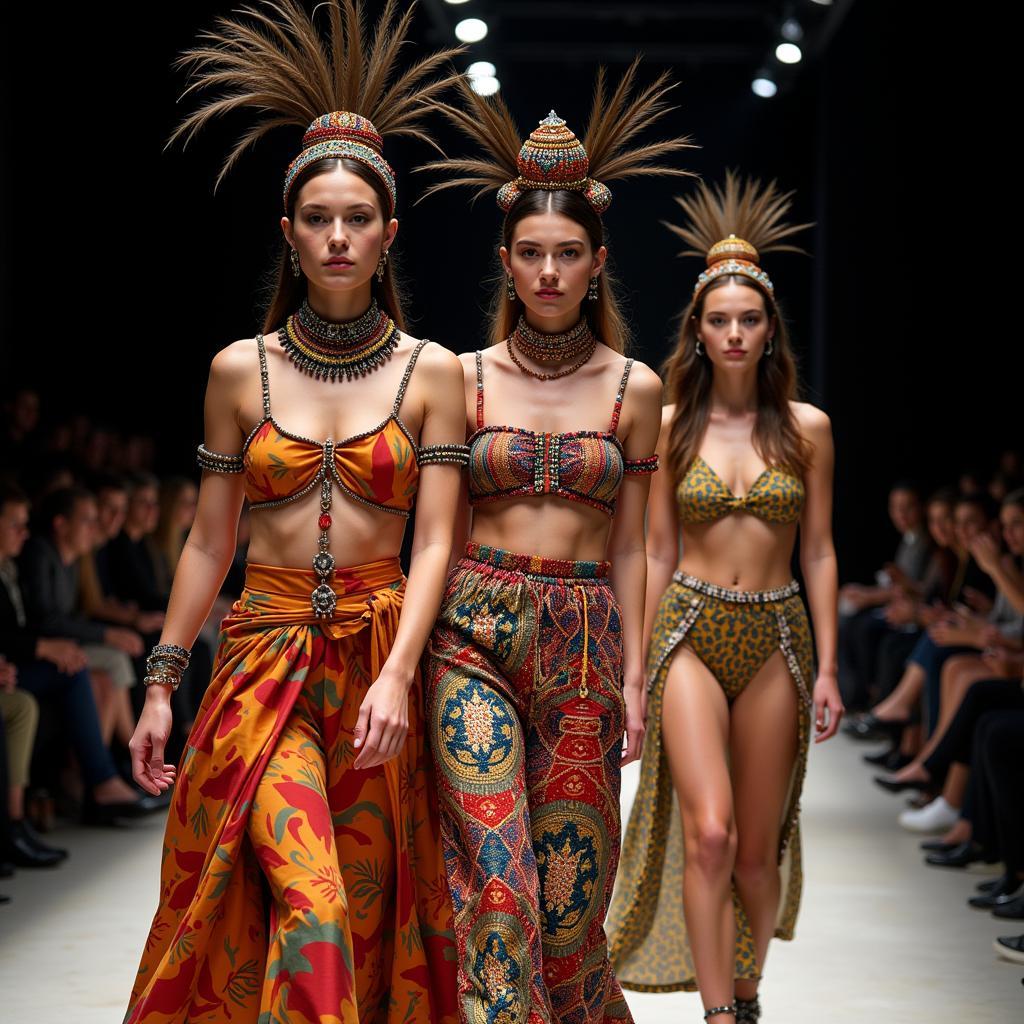Understanding African American Conservatives
African American Conservatives represent a significant and often overlooked demographic within the broader political landscape. While often associated with the Republican party, African American conservatism encompasses a diverse range of viewpoints and experiences. Exploring the history, motivations, and impact of this group sheds light on the complexities of race, identity, and political ideology in America.
A Historical Perspective: Beyond Party Lines
The roots of African American conservatism run deep, defying simplistic narratives that equate Black political thought with a single ideology. From the era of Frederick Douglass and Booker T. Washington, Black conservatives have advocated for self-reliance, economic empowerment, and limited government intervention. These early voices often challenged the prevailing racial politics of their time, emphasizing individual responsibility and achievement as pathways to progress.
The Civil Rights Movement and its Aftermath
The Civil Rights Movement of the mid-20th century saw a shift in the relationship between African Americans and the two major political parties. While many Black Americans aligned with the Democratic party’s support for civil rights legislation, a segment of the community remained wary of government overreach and maintained their conservative values. Figures like economist Milton Friedman and Supreme Court Justice Clarence Thomas, though separated by decades, exemplify the enduring presence of Black conservative thought, even as it evolved in response to changing social and political contexts.
Motivations and Core Values
Understanding the motivations of African American conservatives requires moving beyond stereotypes and engaging with the nuances of their beliefs. Factors driving their political perspectives include:
-
Faith and Religion: The Black church has historically played a central role in African American life, and for many Black conservatives, religious faith informs their views on social issues such as abortion and same-sex marriage.
-
Economic Opportunity: A belief in free markets, entrepreneurship, and limited government regulation resonates with many African Americans seeking economic advancement and upward mobility.
-
Individual Responsibility: Emphasizing personal responsibility, hard work, and self-reliance aligns with a long tradition of Black self-help and community upliftment.
-
Educational Choice: Support for school choice, charter schools, and alternative educational models reflects a desire for greater parental control and improved educational outcomes within Black communities.
Contemporary Issues and Debates
African American conservatives continue to engage in contemporary political debates, often bringing unique perspectives to issues such as:
-
Affirmative Action: While acknowledging the historical injustices that necessitate affirmative action, some Black conservatives express concerns about reverse discrimination and advocate for race-neutral policies that promote equal opportunity.
-
Criminal Justice Reform: Recognizing the disproportionate impact of the criminal justice system on Black communities, many Black conservatives support sentencing reform, reentry programs, and alternatives to incarceration.
-
Economic Inequality: Addressing the racial wealth gap remains a priority, with some Black conservatives advocating for policies that promote entrepreneurship, job creation, and financial literacy within marginalized communities.
A Spectrum of Voices
It’s crucial to recognize that African American conservatism is not a monolith. Within this diverse community, there exists a spectrum of viewpoints on various social, economic, and political issues. Some Black conservatives identify as libertarians, emphasizing individual liberty and limited government. Others align with the Republican party’s stance on fiscal conservatism and social issues. Still others maintain independent views, challenging traditional party platforms.
The Future of Black Conservatism
The future of African American conservatism remains dynamic and multifaceted. As younger generations grapple with issues of race, identity, and equality in the 21st century, the conservative movement within Black America will continue to evolve, reflecting the changing demographics and aspirations of the community. Understanding the historical context, core values, and diverse voices within African American conservatism is essential to fostering informed and nuanced dialogue about race, politics, and the pursuit of the American dream.


